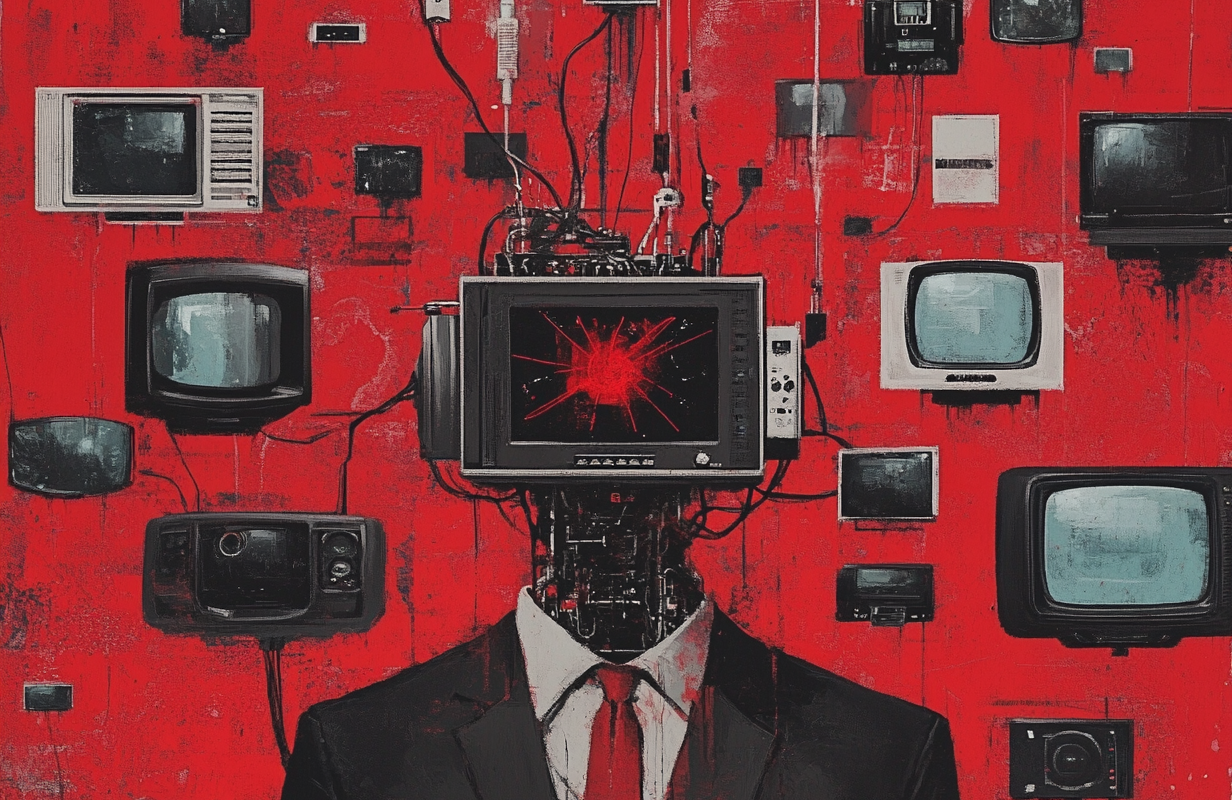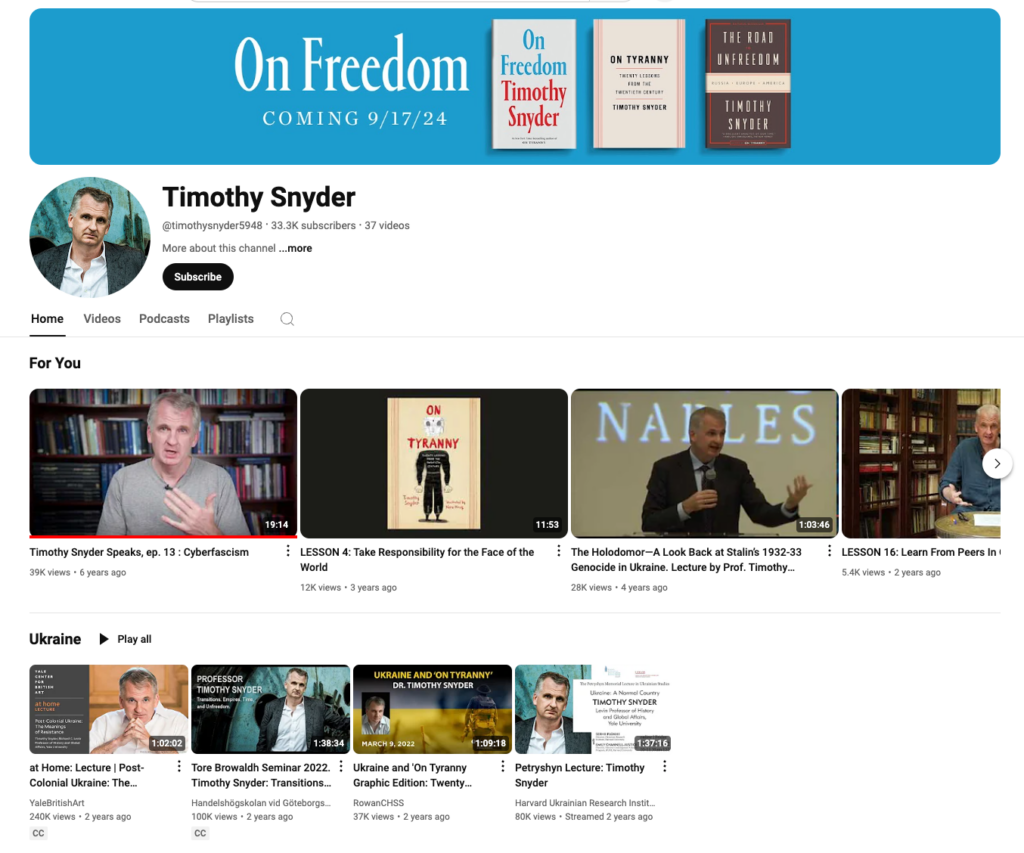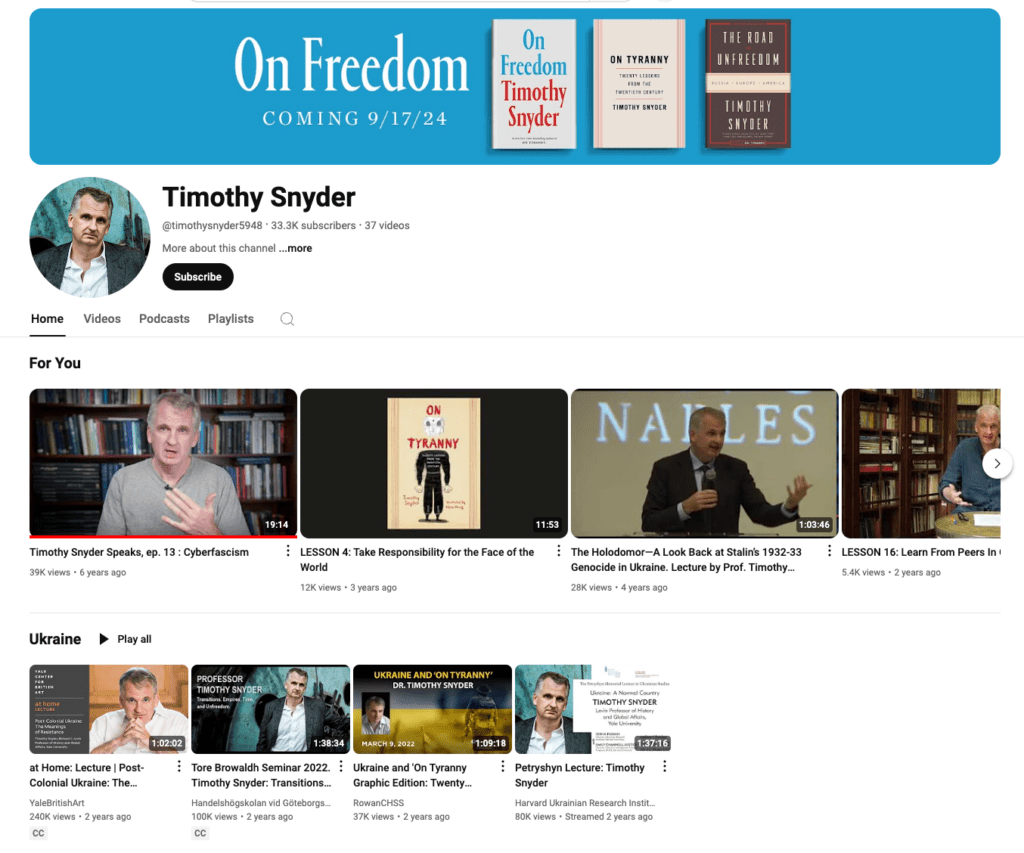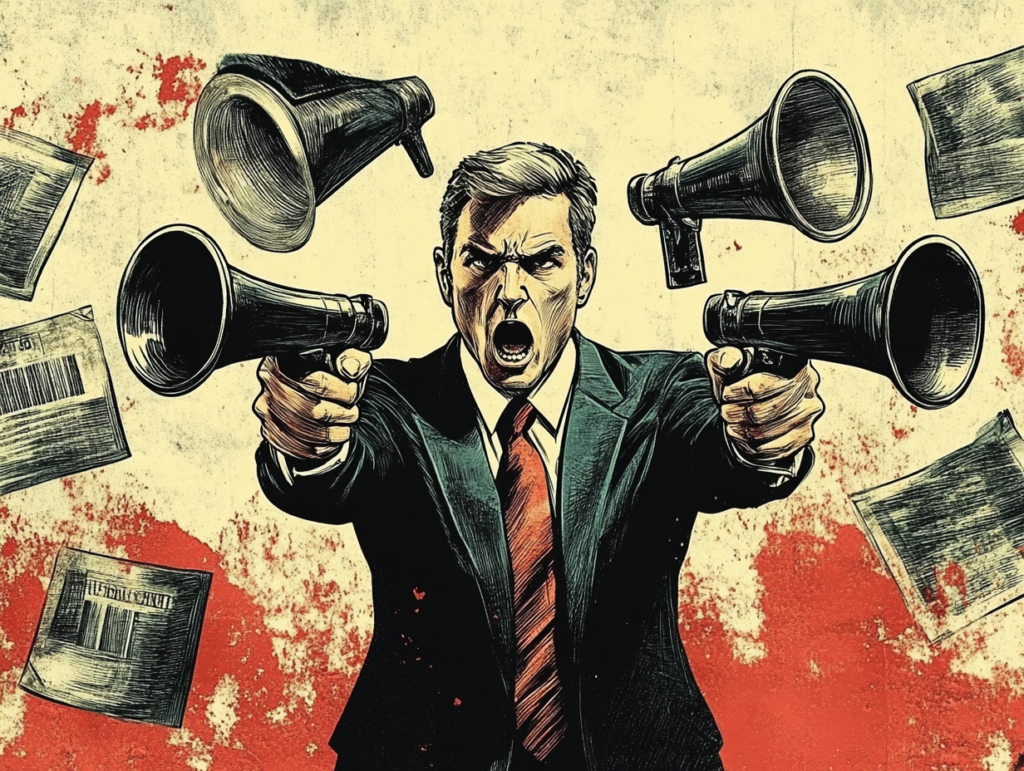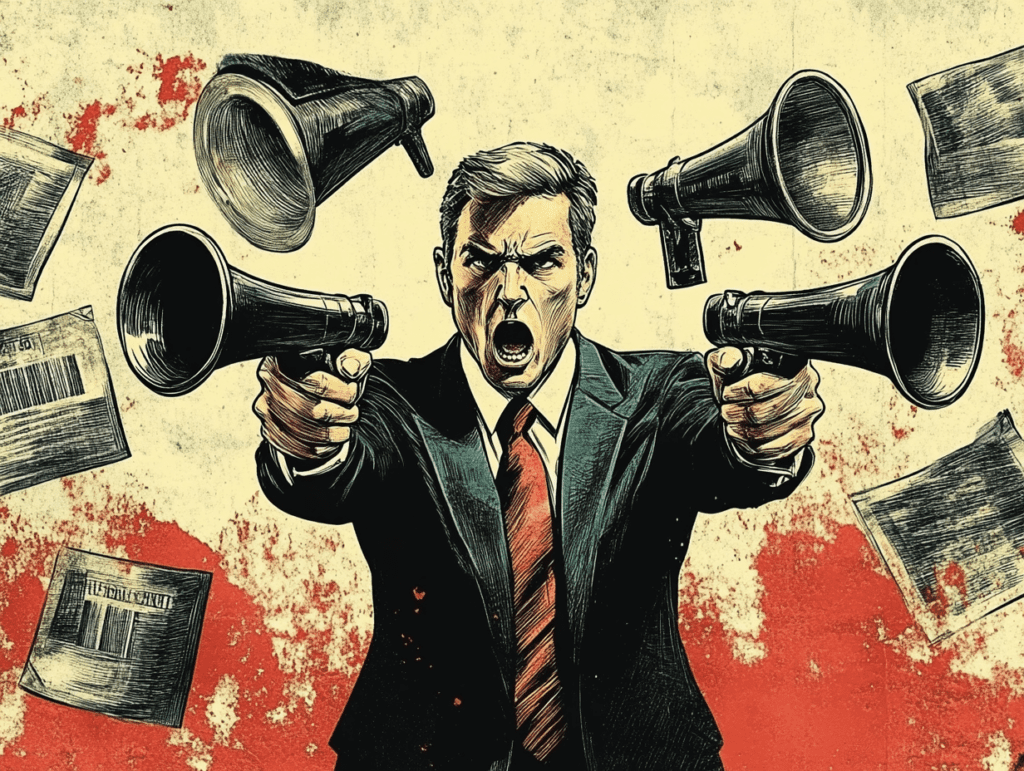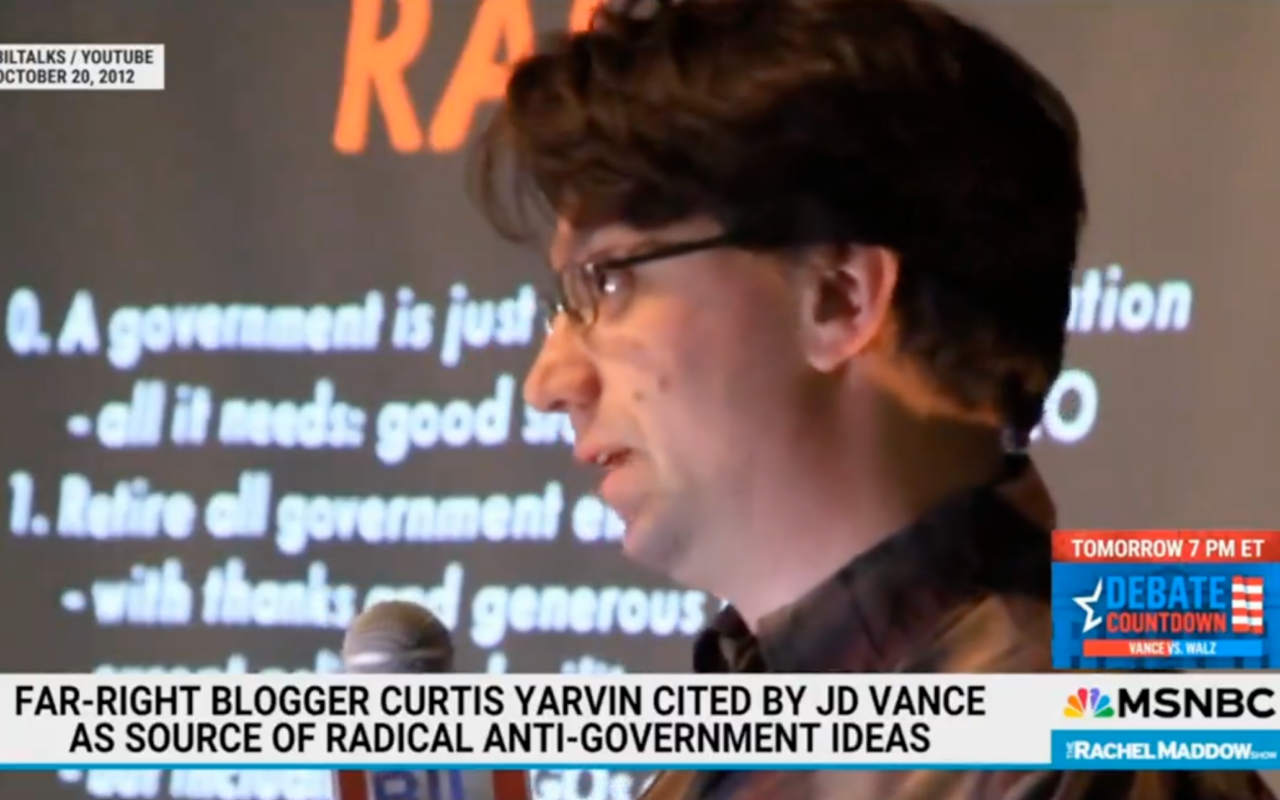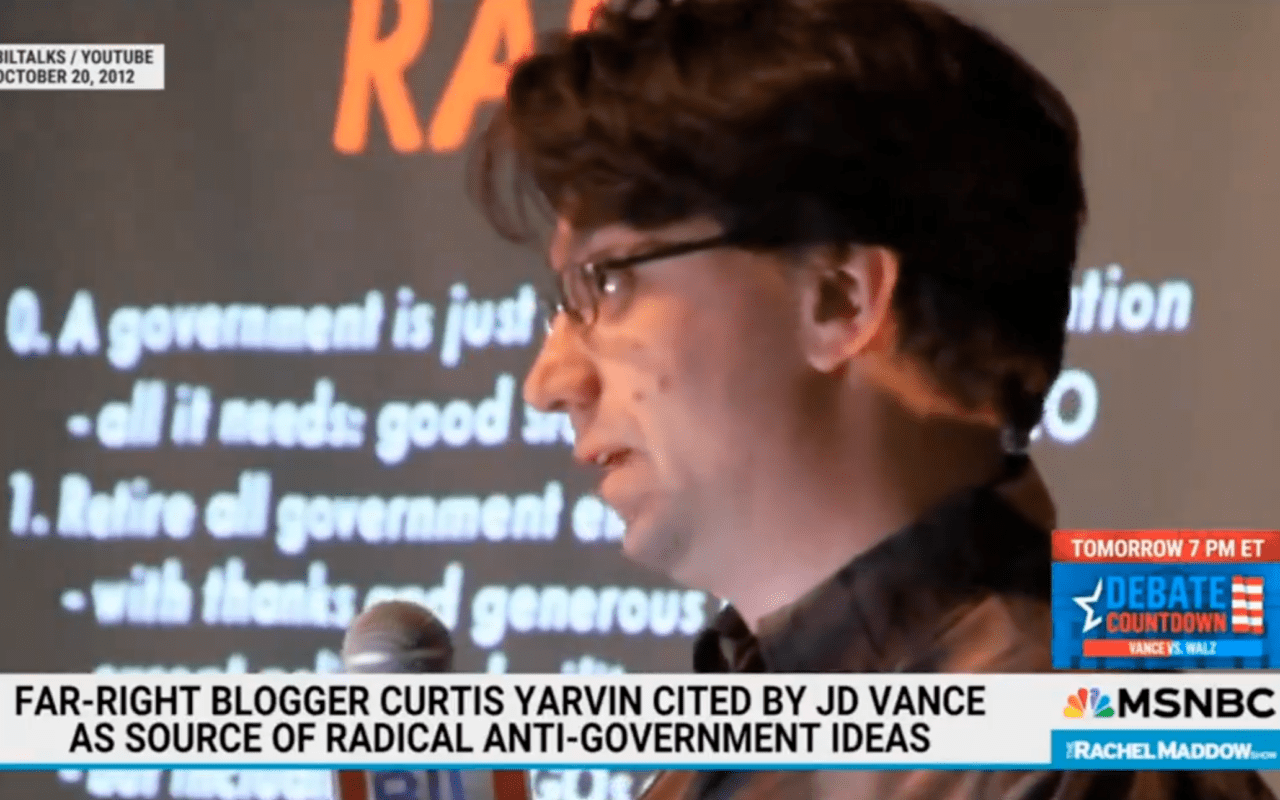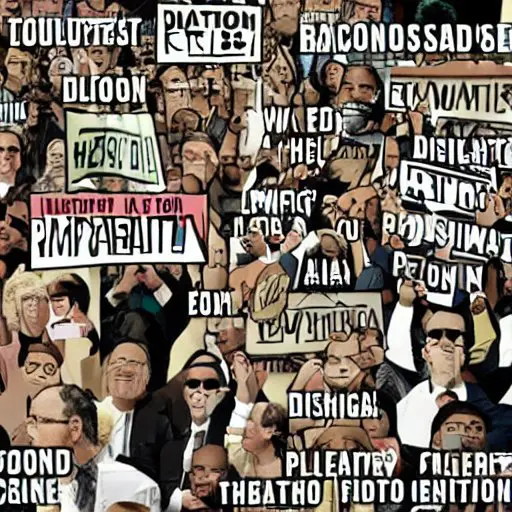In today’s digital landscape, disinformation has become an ever-present challenge, influencing everything from public opinion to personal beliefs. Understanding and combating disinformation isn’t just a task for media professionals; it’s a crucial skill for anyone navigating the vast array of information and misinformation in our interconnected world.
This curated list of books offers invaluable insights into the mechanisms of disinformation and the tools we can use to think critically, fact-check effectively, and enhance our media literacy. With perspectives spanning neuroscience, history, and media studies, these books dive deep into the factors that make disinformation so potent—and what we can do to counter it. Whether you’re a publishing or media professional looking to stay informed or a member of the general public eager to sharpen your information literacy skills, this selection has something for everyone interested in the truth amidst a world of half-truths and fabrications.
- Active Measures: The Secret History of Disinformation and Political Warfare — Thomas Rid
- This Is Not Propaganda: Adventures in the War Against Reality — Peter Pomerantsev
- You Are Being Lied To: The Disinformation Guide to Media Distortion, Historical Whitewashes and Cultural Myths — Edited by Russ Kick
- Network Propaganda: Manipulation, Disinformation, and Radicalization in American Politics — Yochai Benkler, Robert Faris, and Hal Roberts
- LikeWar: The Weaponization of Social Media — P.W. Singer and Emerson T. Brooking
- The Misinformation Age: How False Beliefs Spread — Cailin O’Connor and James Owen Weatherall
- Fake News: Understanding Media and Misinformation in the Digital Age — Edited by Melissa Zimdars and Kembrew McLeod
- Information Wars: How We Lost the Global Battle Against Disinformation and What We Can Do About It — Richard Stengel
- Antisocial: Online Extremists, Techno-Utopians, and the Hijacking of the American Conversation — Andrew Marantz
- Weaponized Lies: How to Think Critically in the Post-Truth Era — Daniel J. Levitin
- The Reality Game: How the Next Wave of Technology Will Break the Truth — Samuel Woolley
- Lie Machines: How to Save Democracy from Troll Armies, Deceitful Robots, Junk News Operations, and Political Operatives — Philip N. Howard
Disinformation book summaries
Active Measures: The Secret History of Disinformation and Political Warfare
by Thomas Rid
The book provides a comprehensive historical account of disinformation campaigns, tracing their evolution from the early 20th century to the present day. Rid explores how intelligence agencies, governments, and other actors have used “active measures” to manipulate public opinion and influence political outcomes. The author examines key case studies, including Cold War operations and modern digital disinformation campaigns, offering insights into the tactics and strategies employed in information warfare.
This Is Not Propaganda: Adventures in the War Against Reality
by Peter Pomerantsev
Pomerantsev’s book explores the global landscape of information manipulation, drawing on personal experiences and interviews with key figures in the field. The author examines how various actors, from authoritarian regimes to populist movements, exploit modern communication technologies to shape narratives and influence public opinion. The book offers insights into the challenges facing democracy and truth in the digital age.
You Are Being Lied To: The Disinformation Guide to Media Distortion, Historical Whitewashes and Cultural Myths
by Russ Kick (Editor)
This collection of essays challenges conventional narratives and exposes various forms of misinformation across different domains. The book covers a wide range of topics, from media manipulation to historical inaccuracies and cultural misconceptions. It aims to encourage critical thinking and skepticism towards information presented by governments, media, corporations, and other institutions.

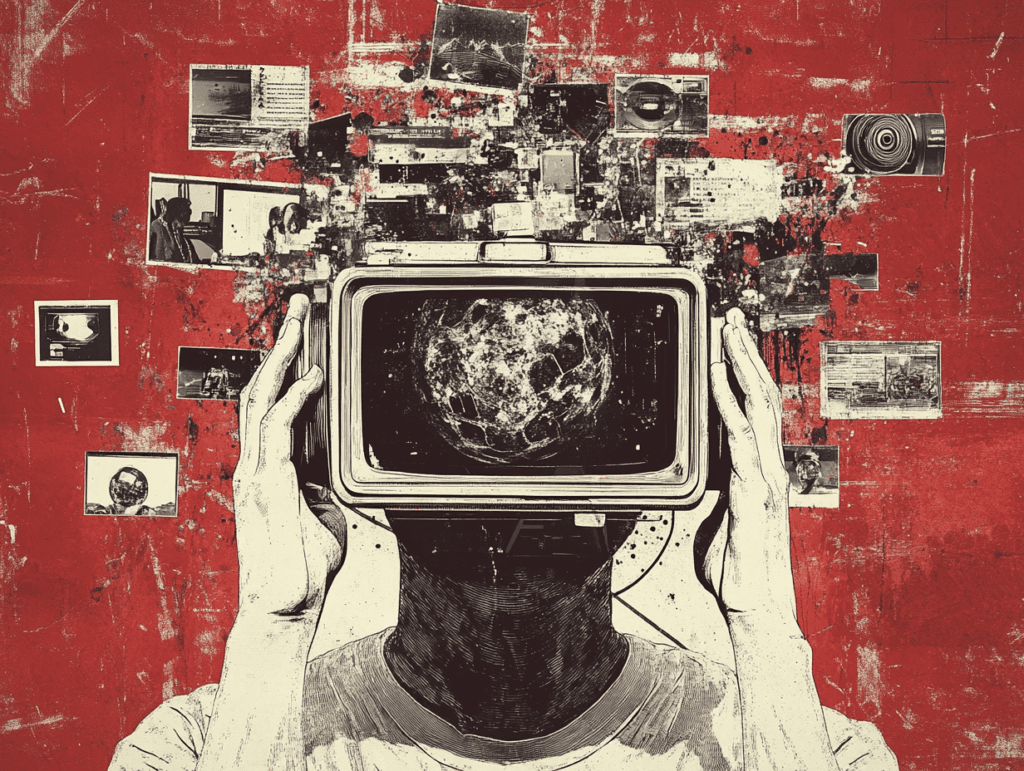
Network Propaganda: Manipulation, Disinformation, and Radicalization in American Politics
by Yochai Benkler, Robert Faris, and Hal Roberts
This comprehensive study analyzes media coverage of American presidential politics from 2015 to 2018. The authors argue that the right-wing media ecosystem operates fundamentally differently from the rest of the media environment, creating a propaganda feedback loop. The book examines how this dynamic has marginalized center-right media, radicalized the right-wing ecosystem, and made it susceptible to propaganda efforts.
LikeWar: The Weaponization of Social Media
by P.W. Singer and Emerson T. Brooking
This book examines how social media has become a new battlefield for information warfare. The authors explore how various actors, including governments, terrorists, and activists, use social media platforms to shape public opinion, spread propaganda, and influence real-world events. The book offers insights into the strategies and tactics employed in this new form of conflict and discusses the implications for society and warfare.
The Misinformation Age: How False Beliefs Spread
by Cailin O’Connor and James Owen Weatherall
“The Misinformation Age” explores the social and psychological factors that contribute to the spread of false beliefs. The authors use case studies and scientific research to explain how misinformation propagates through social networks and why it can be so persistent. They examine the role of cognitive biases, social dynamics, and information ecosystems in shaping our beliefs and discuss potential strategies for combating the spread of false information.
Fake News: Understanding Media and Misinformation in the Digital Age
by Melissa Zimdars and Kembrew McLeod (Editors)
This collection of essays from various experts examines the phenomenon of “fake news” from multiple perspectives. The book covers topics such as the history of misinformation, the role of social media in spreading false narratives, and the challenges of fact-checking in the digital age. It offers insights into the complex landscape of modern media and provides strategies for navigating an information environment rife with misinformation.
Information Wars: How We Lost the Global Battle Against Disinformation and What We Can Do About It
by Richard Stengel
Drawing from his experience as Under Secretary of State for Public Diplomacy and Public Affairs, Stengel provides an insider’s account of the U.S. government’s efforts to combat disinformation. The book examines the challenges faced in countering propaganda from state actors like Russia and non-state actors like ISIS. Stengel offers insights into the nature of modern information warfare and proposes strategies for addressing the threat of disinformation.
Antisocial: Online Extremists, Techno-Utopians, and the Hijacking of the American Conversation
by Andrew Marantz
Marantz’s book provides an in-depth look at the individuals and groups behind the rise of online extremism and disinformation in America. Through extensive interviews and firsthand accounts, the author explores how fringe ideas have moved into the mainstream, facilitated by social media platforms and tech industry dynamics. The book offers insights into the complex interplay between technology, media, and politics in shaping public discourse.
Weaponized Lies: How to Think Critically in the Post-Truth Era
by Daniel J. Levitin
This book serves as a practical guide for navigating the complex information landscape of the “post-truth” era. Levitin provides tools and strategies for critical thinking, teaching readers how to evaluate claims, spot logical fallacies, and interpret statistics. The book aims to empower individuals to become more discerning consumers of information and to resist manipulation through misinformation and deceptive rhetoric.
The Reality Game: How the Next Wave of Technology Will Break the Truth
by Samuel Woolley
This book looks ahead to emerging technologies and their potential impact on the spread of disinformation. Woolley examines how artificial intelligence, virtual reality, and other advanced technologies might be used to create and disseminate even more convincing false narratives. The author also explores potential countermeasures and the role of policy in addressing these future challenges.


Lie Machines: How to Save Democracy from Troll Armies, Deceitful Robots, Junk News Operations, and Political Operatives
by Philip N. Howard
Howard’s book explores the world of computational propaganda, examining how social media platforms, artificial intelligence, and big data are being used to manipulate public opinion. The author investigates the actors behind disinformation campaigns, from state-sponsored trolls to political consultants, and discusses the implications for democracy. The book also offers potential solutions for combating these “lie machines” and preserving democratic discourse.
